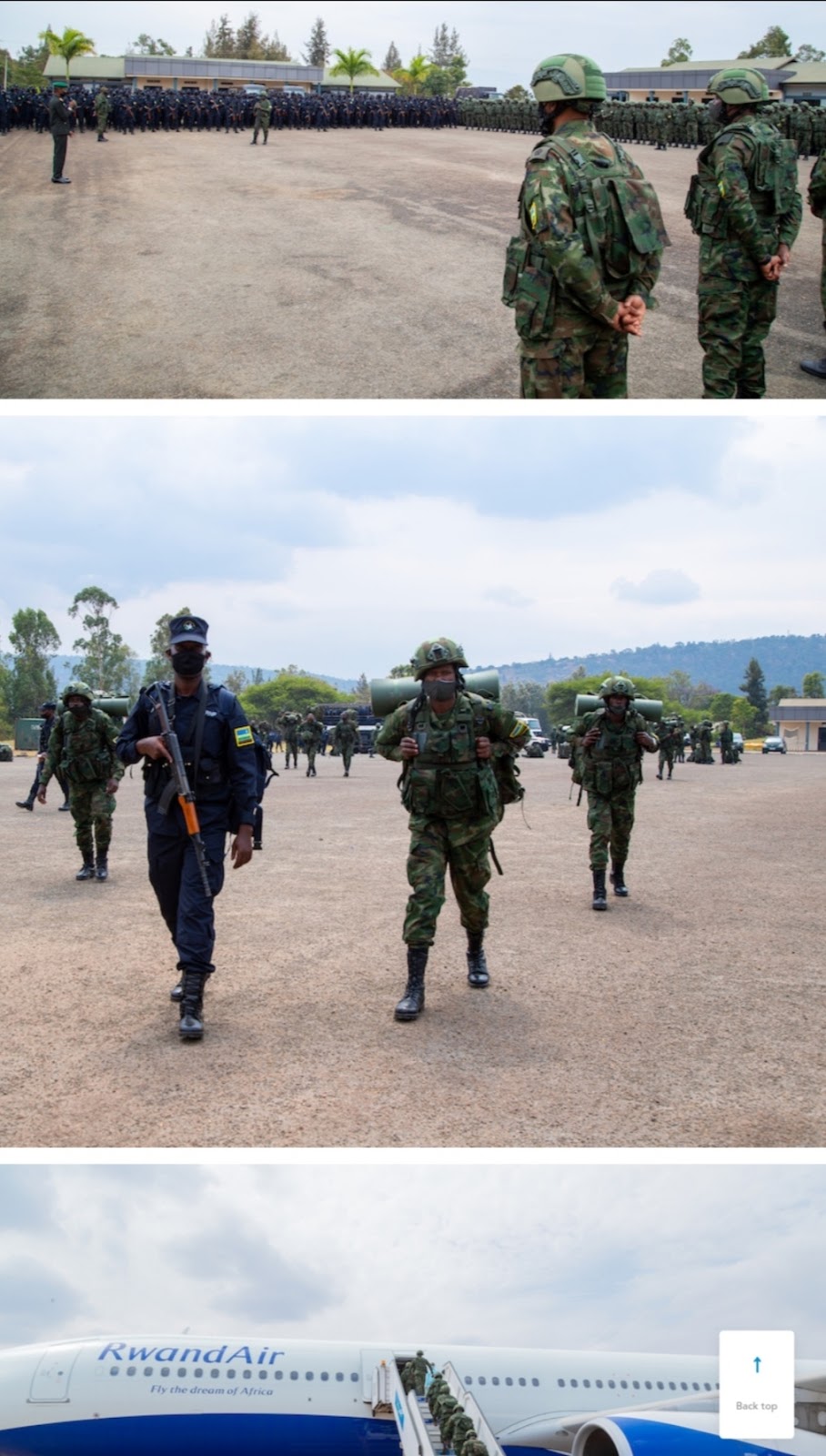When bilateral relations triumph over regional

The Southern African Development Community (SADC) countries might have been disappointed at Rwanda’s precedence over the deployment of its forces to the troubled Mozambique, ahead of defense deployment from their countries, but the Rwandan and Mozambican governments have had good bilateral relations strengthened at the signing of several agreements in 2018. Mozambique, geographically located in the southern part of the African continent, is a regional member of the SADC, while Rwanda belongs to the East African Community (EAC). The Rwandan government had almost a week ahead of SADC’s finalization of its troops deployment to Mozambique, announced that it was in the process of deploying a 1000 person contingent of the Rwanda Defence Force (RDF) and the Rwanda National Police (RNP) to Mozambique’s province of Cabo Delgado, which had been terrorized by insurgents, at the request of the Mozambique government. Rwanda had in its statement not shied away that its deploym...





